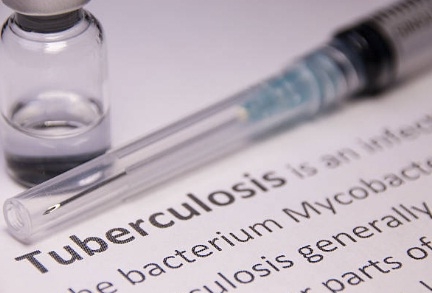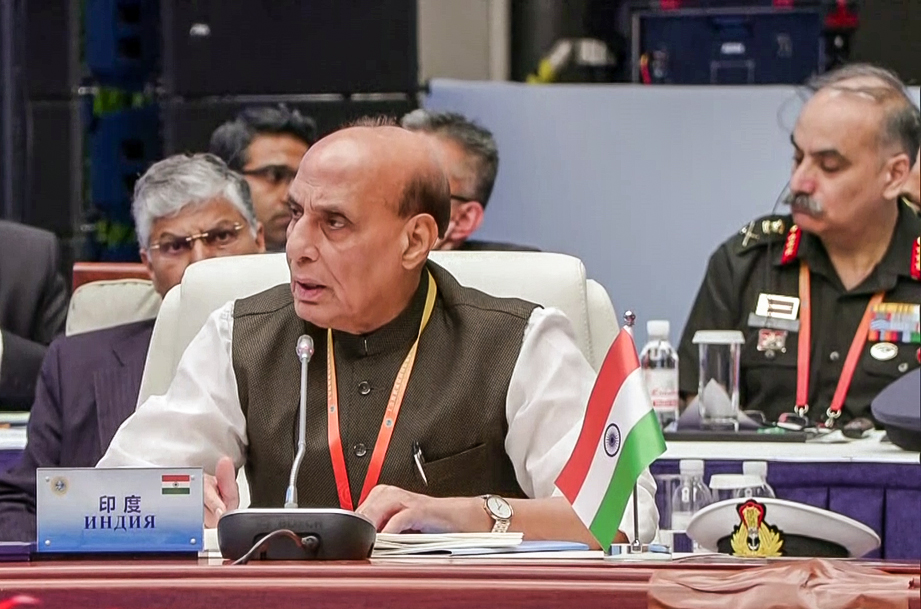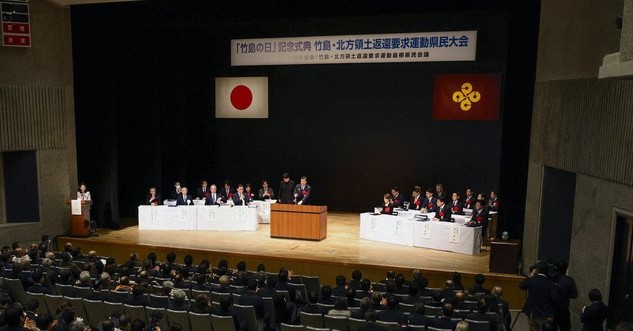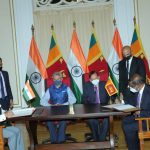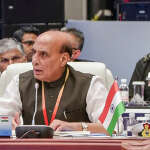In Indonesia, TB is the fourth-highest cause of death overall, and among those aged 15 to 49 years, it is the number one cause of death by a contagious disease…reports Asian Lite News
Many developing countries in the Asia-Pacific region, including the Philippines, still have a high tuberculosis (TB) incidence rate, according to an article published in the Asian Development Blog of the Asian Development Bank (ADB).
Citing World Health Organization (WHO) data, the recently published article said the highly infectious disease “remains rife” in the region, with Southeast Asia responsible for 46 per cent of global infections in 2022, “the highest in any region”, Xinhua news agency reported.
The article also said the pandemic devastated national TB prevention and treatment programmes, causing an estimated half a million excess deaths between 2020 and 2022.
However, the good news is that there has been a post-pandemic recovery in the number of people diagnosed with and treated for TB, helping to reduce the damage done by the pandemic, it added.
According to the WHO Global Tuberculosis Report 2023, the Philippines, along with Indonesia, Mongolia, Papua New Guinea, and Vietnam, have some of the highest levels of TB in the region — around 700,000 people out of a population of 115 million have active TB.
Nearly 10 million people in the Philippines reside in impoverished urban areas. Poverty and overcrowding, along with poorly-resourced public health services, are major factors in the widespread incidence of TB in the country, according to The Lancet.
In Indonesia, TB is the fourth-highest cause of death overall, and among those aged 15 to 49 years, it is the number one cause of death by a contagious disease.
TB, an airborne disease spawned by urban poverty, is currently the world’s second-biggest infectious killer after Covid-19. Many countries are working to eliminate TB by 2030, which aligns with the WHO’s End Tuberculosis Strategy.
The article said adapting practices such as mask-wearing and improved hygiene at home and work that proved effective against Covid-19 could play an important role in helping Asia and the Pacific rid themselves of TB permanently.
However, socioeconomic factors, including poverty, overcrowding, poor sanitation, lack of infrastructure, and inadequate public health systems, allow the disease to remain endemic, it added.
ALSO READ-Sharjah Tourism to Shine at ITB Berlin


